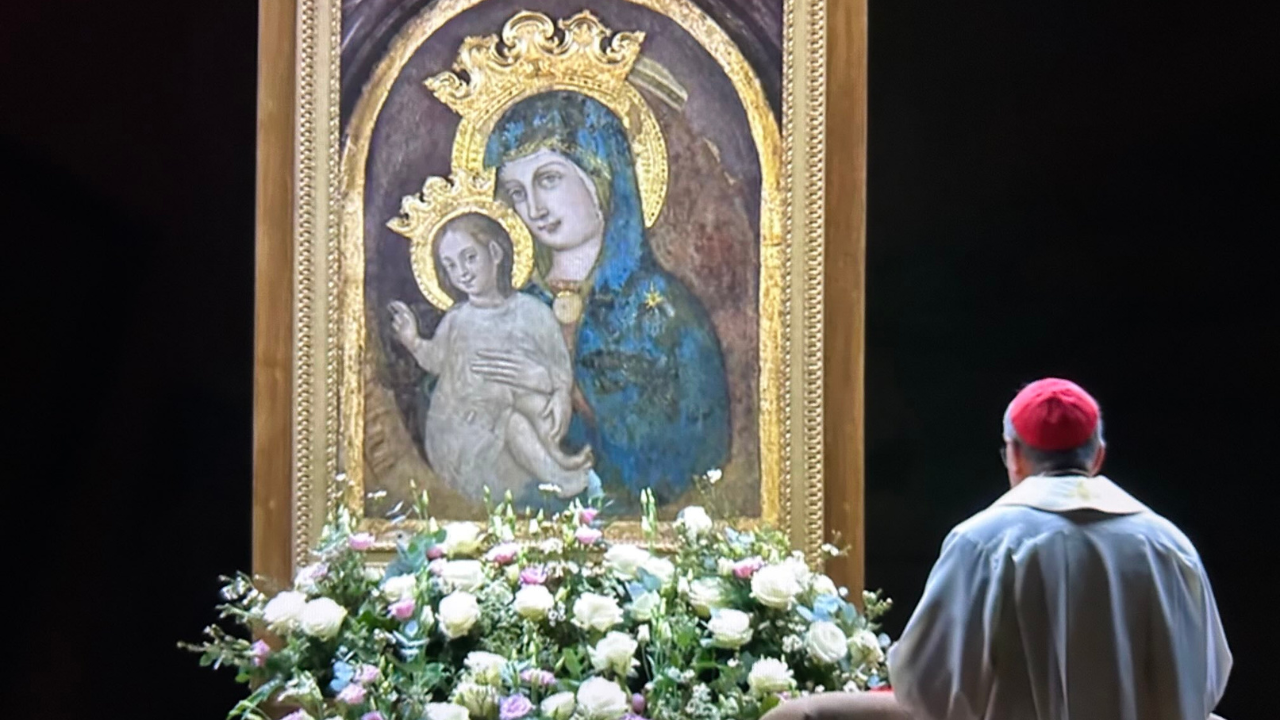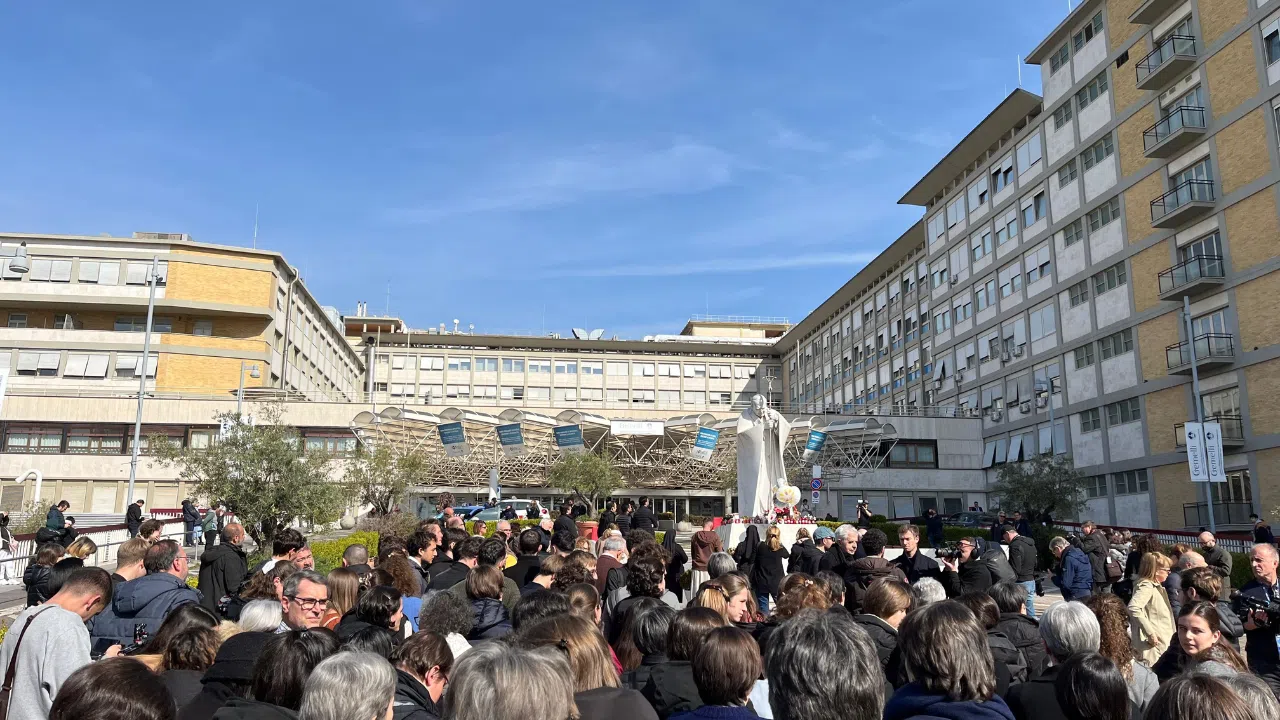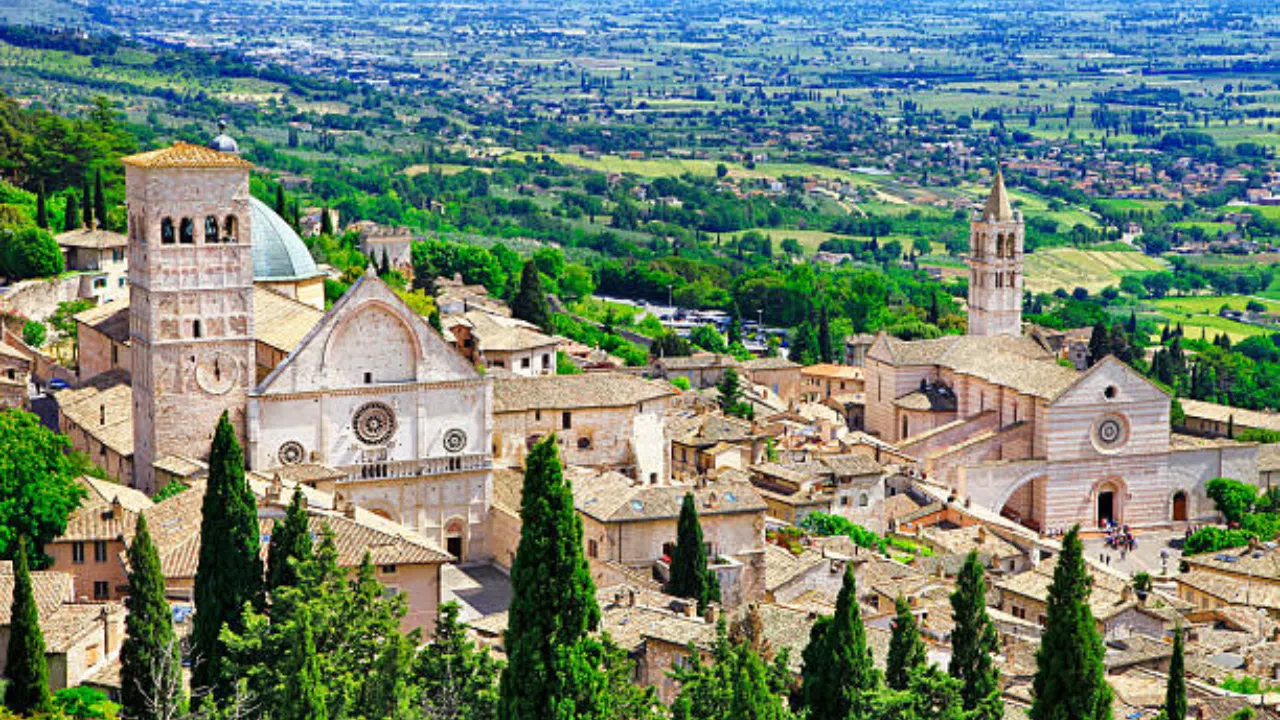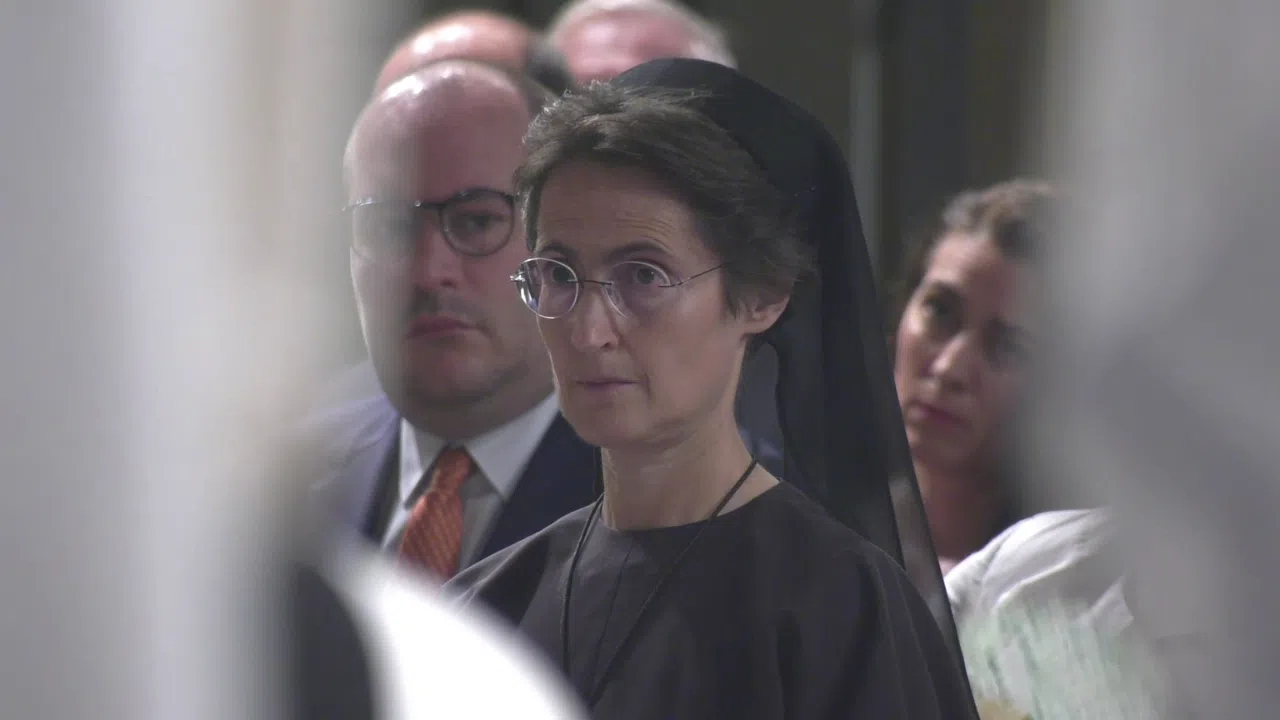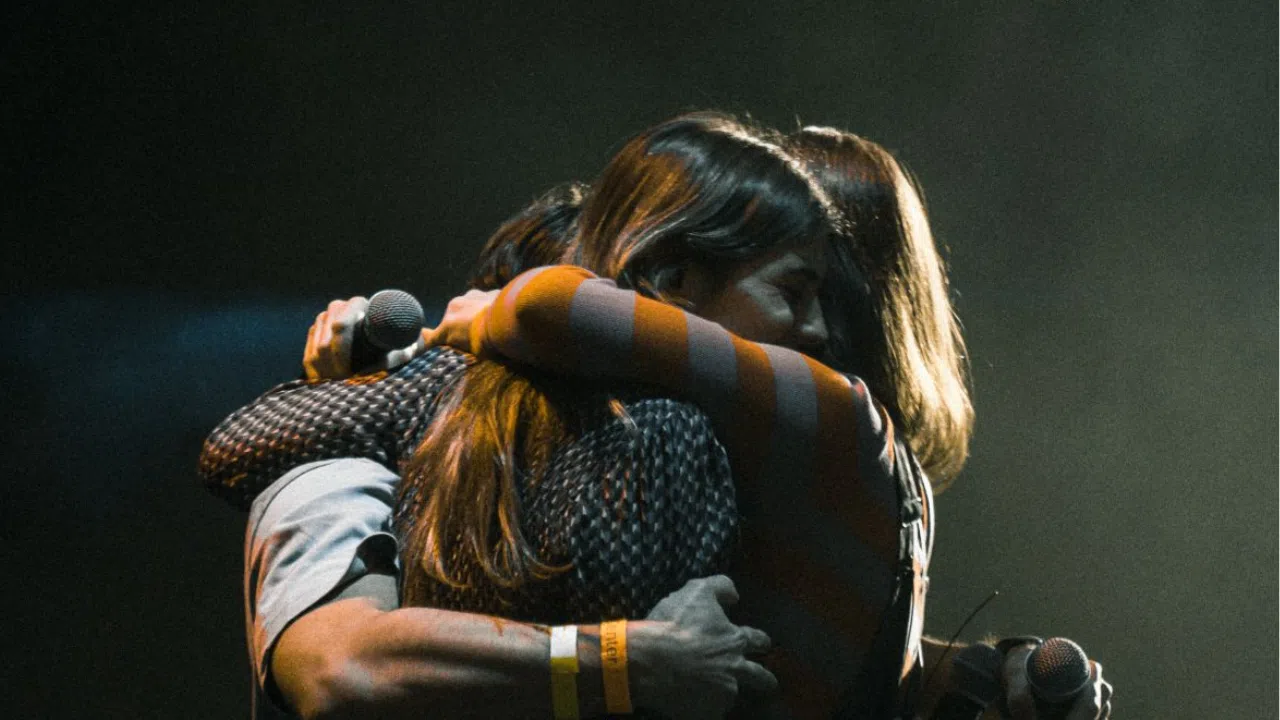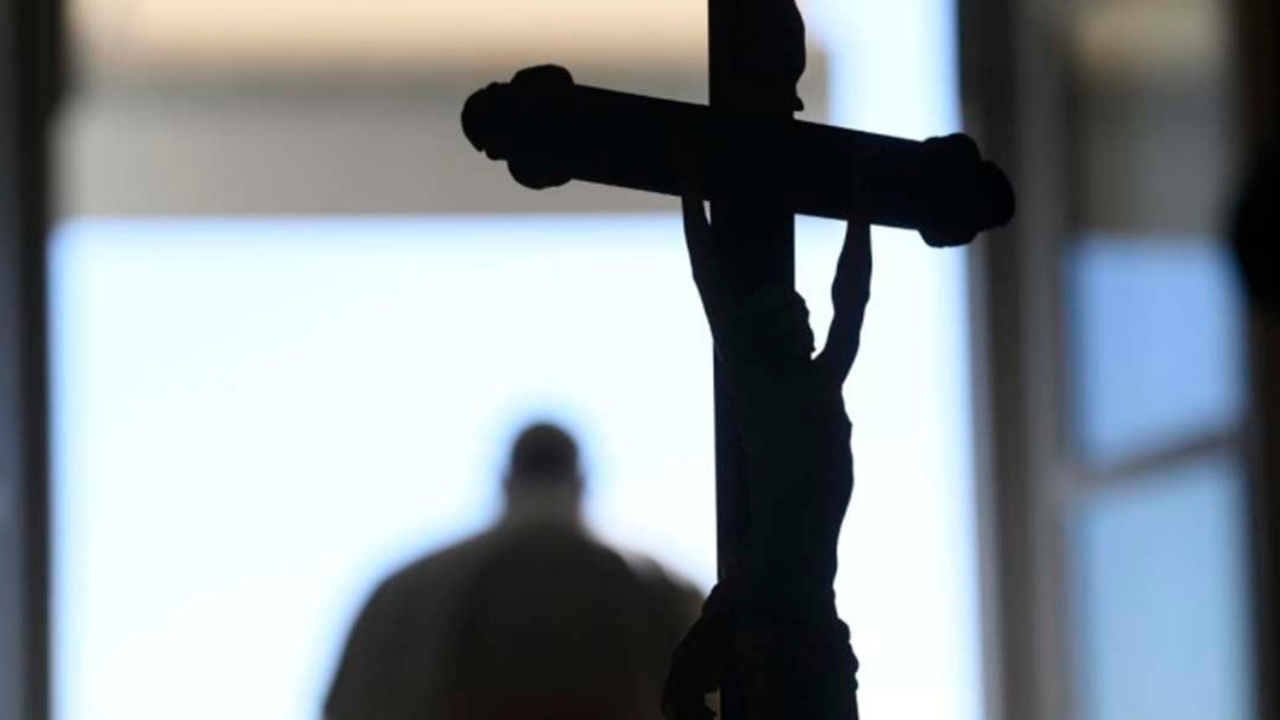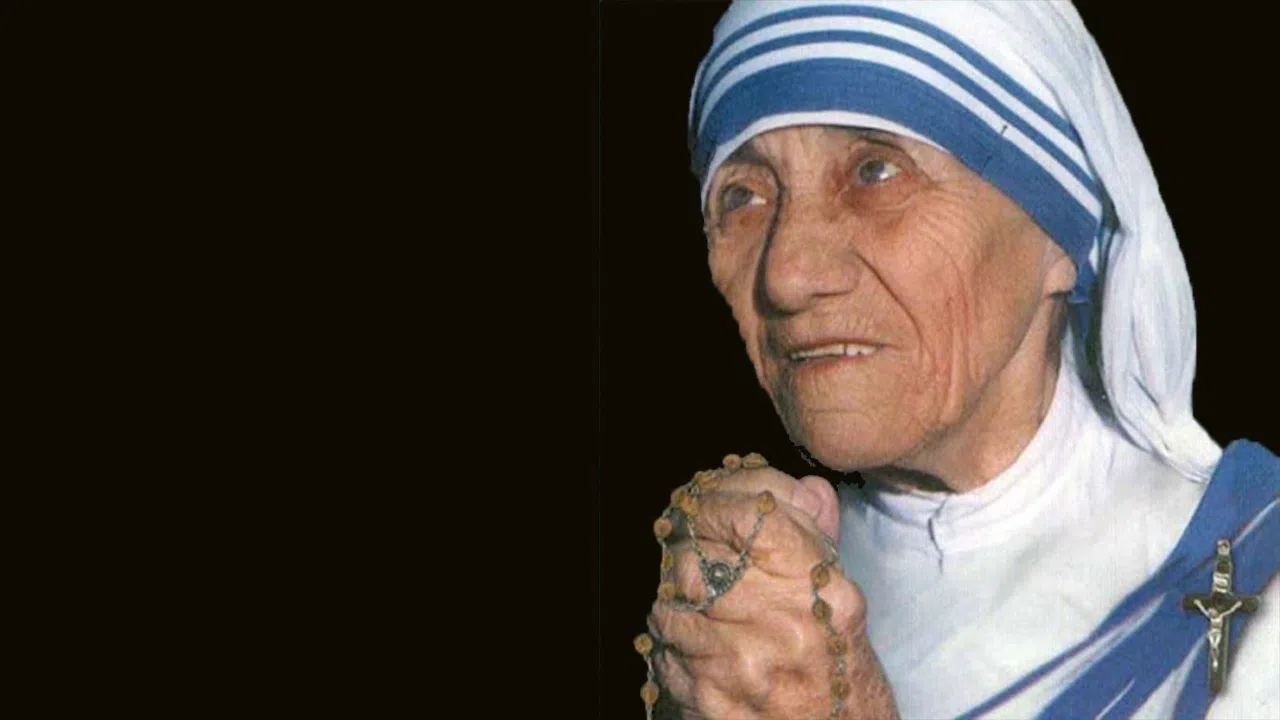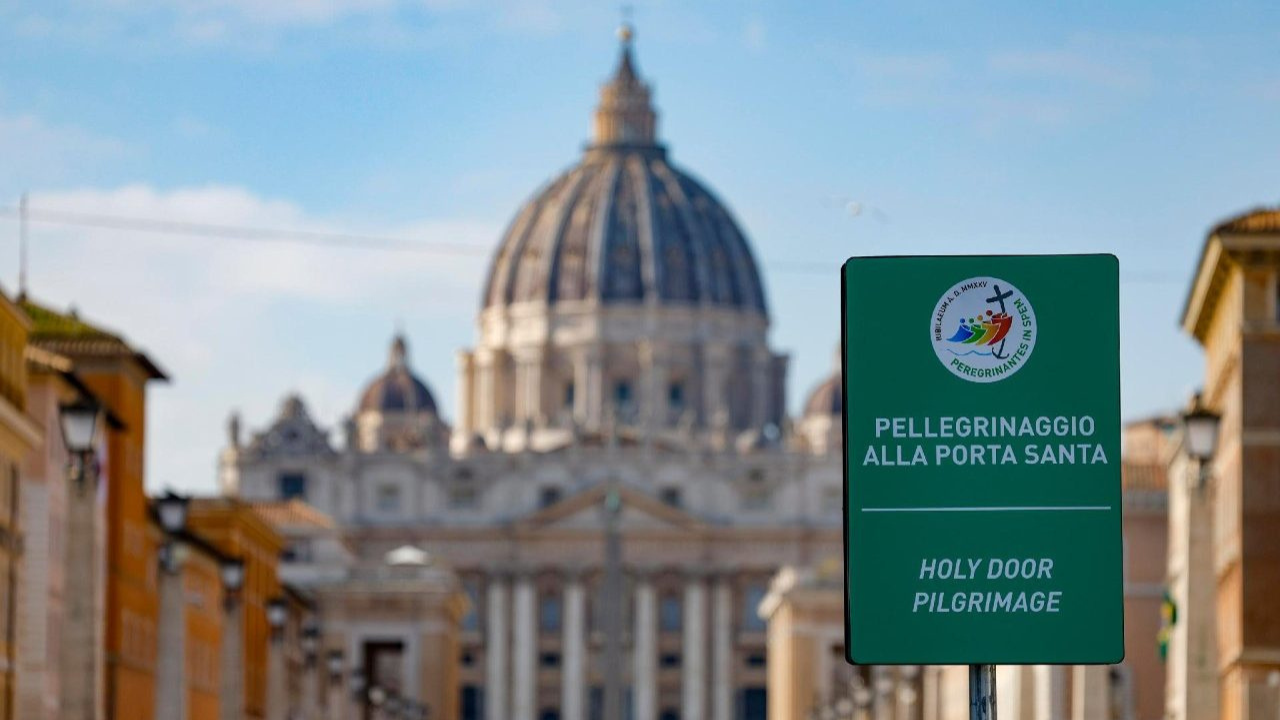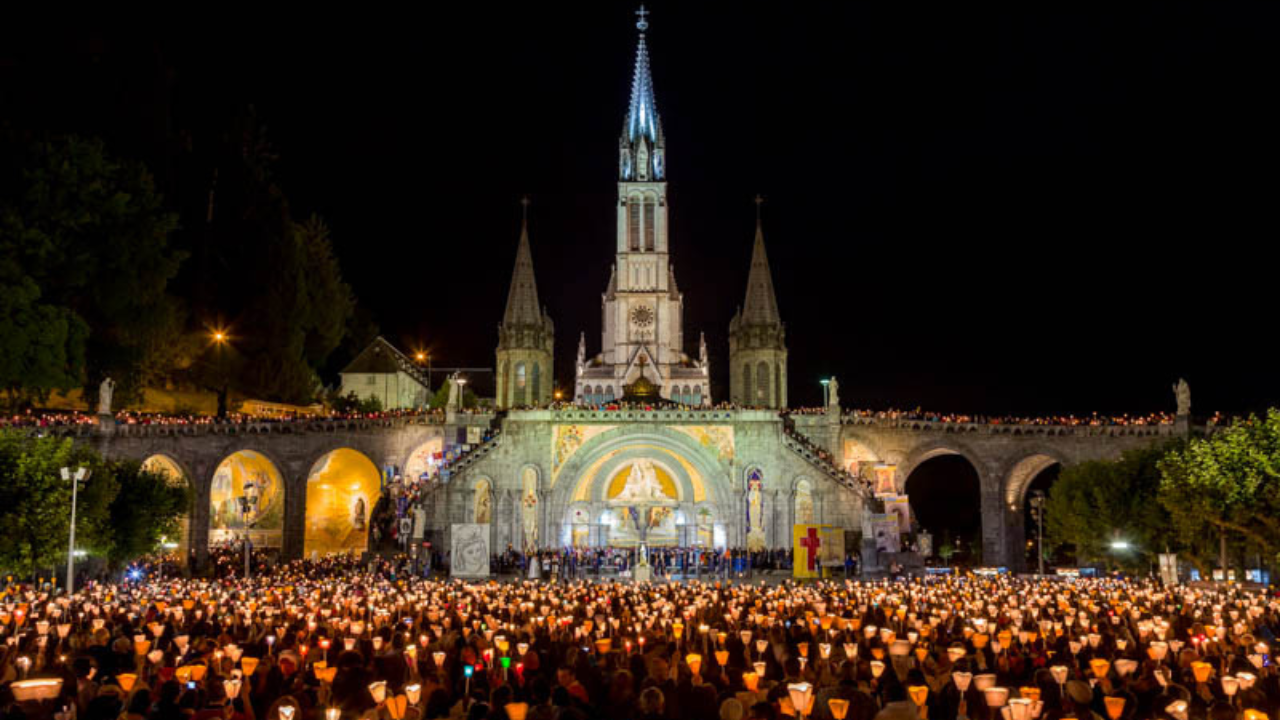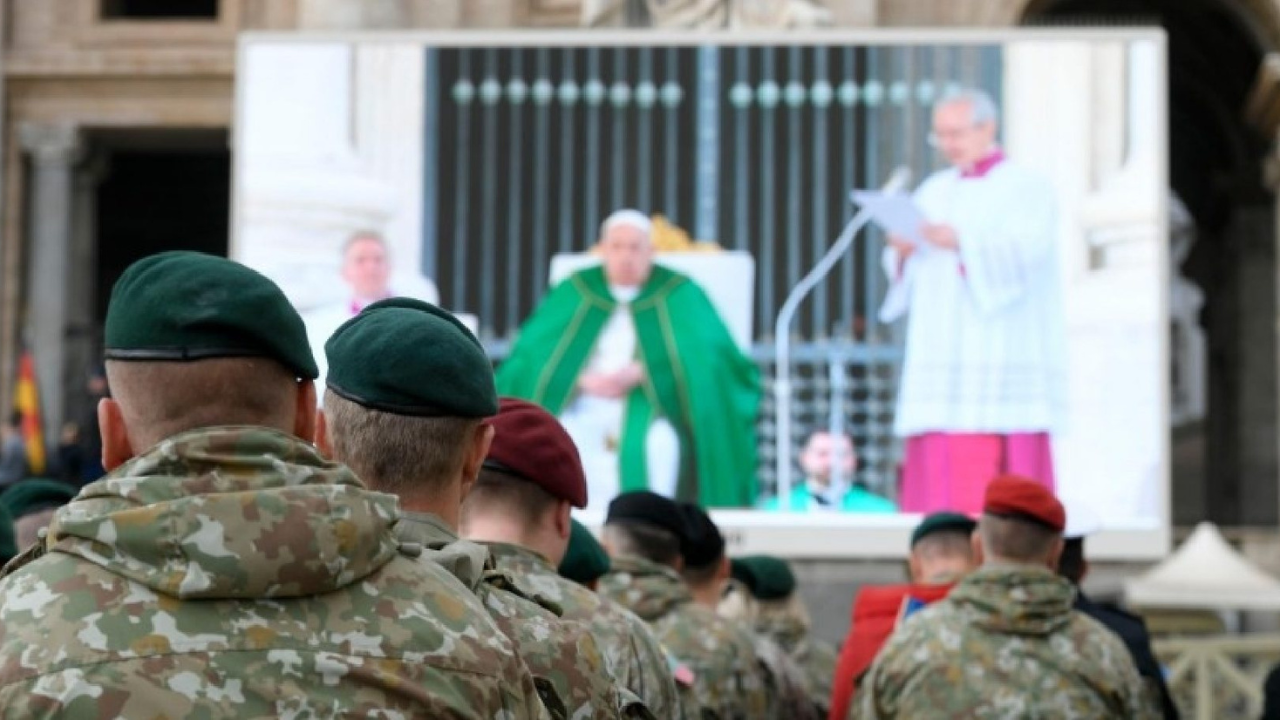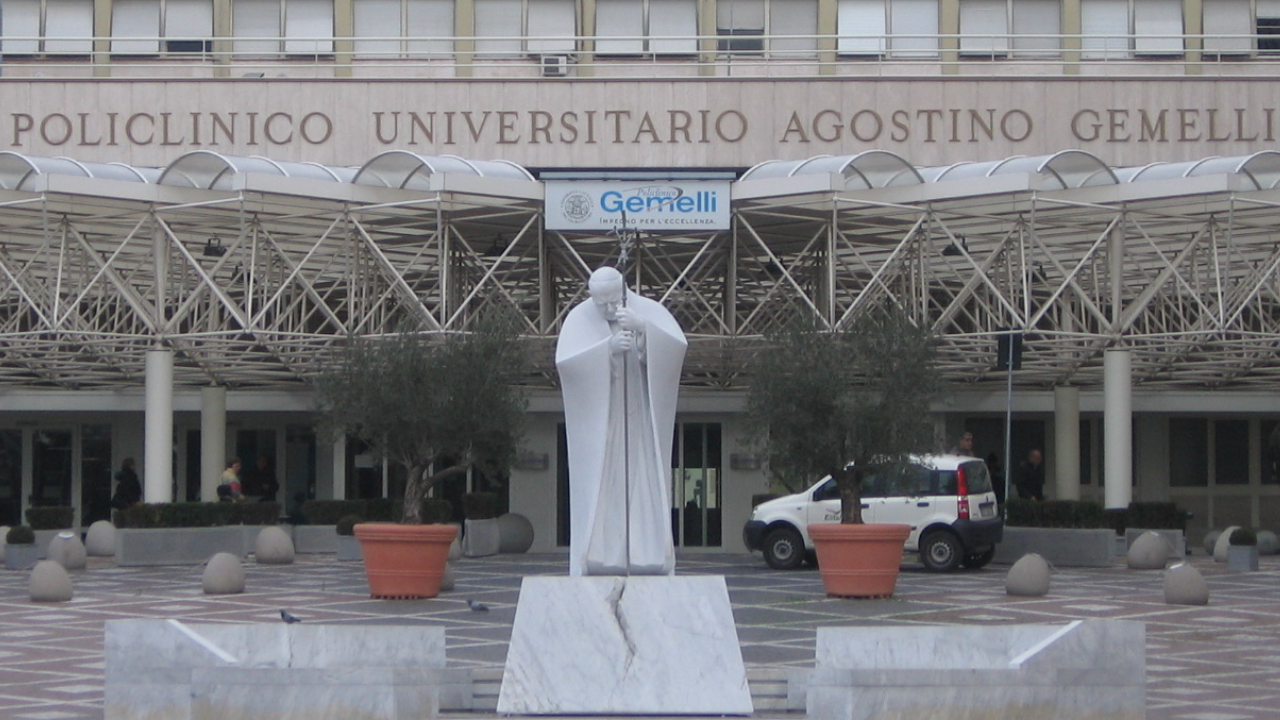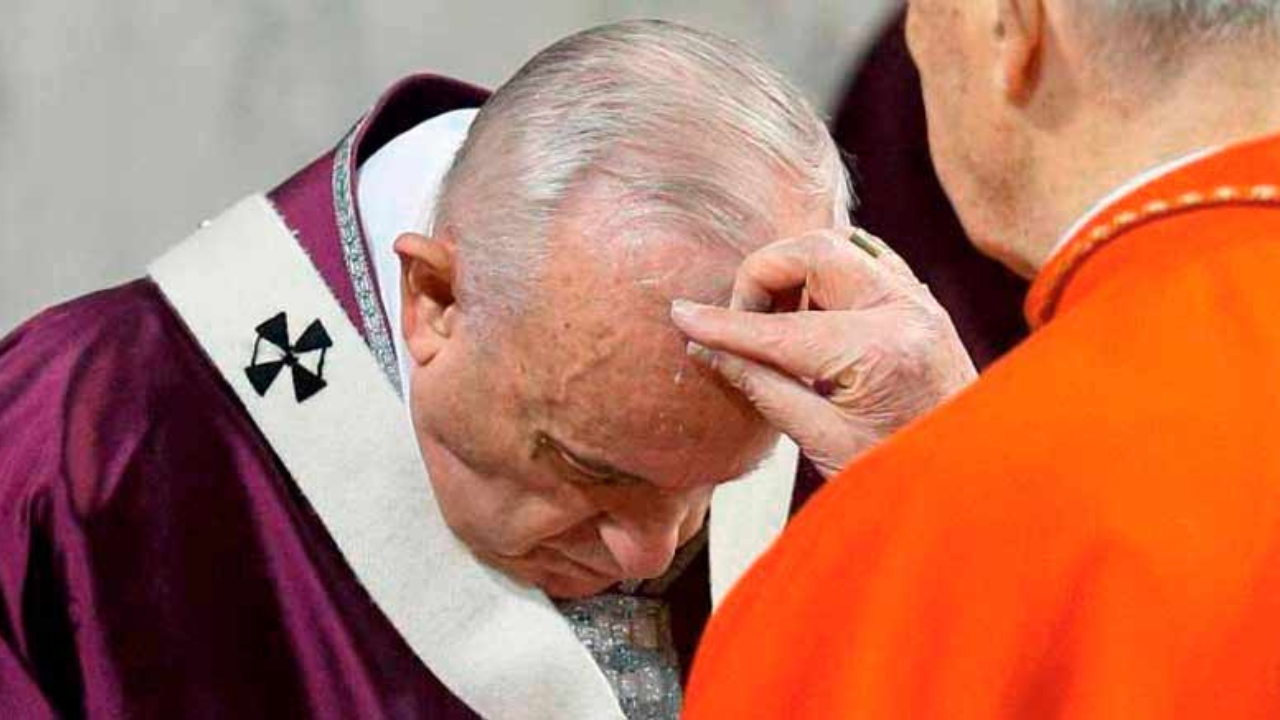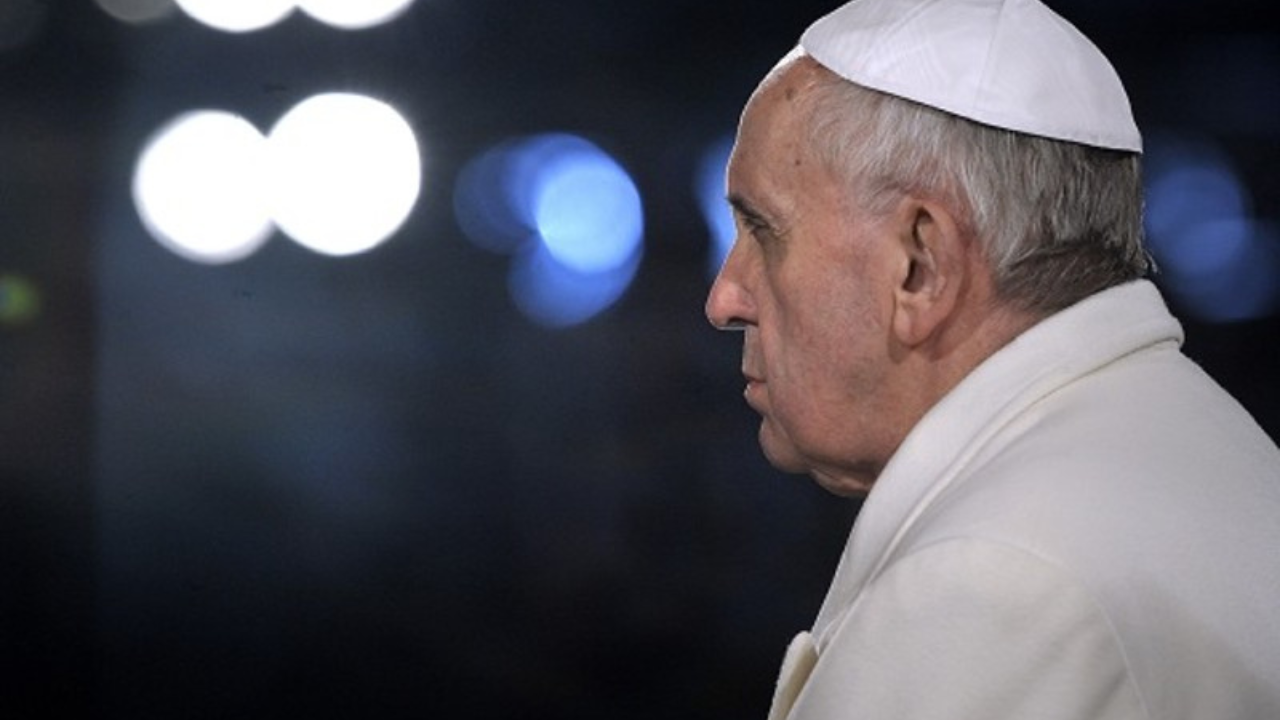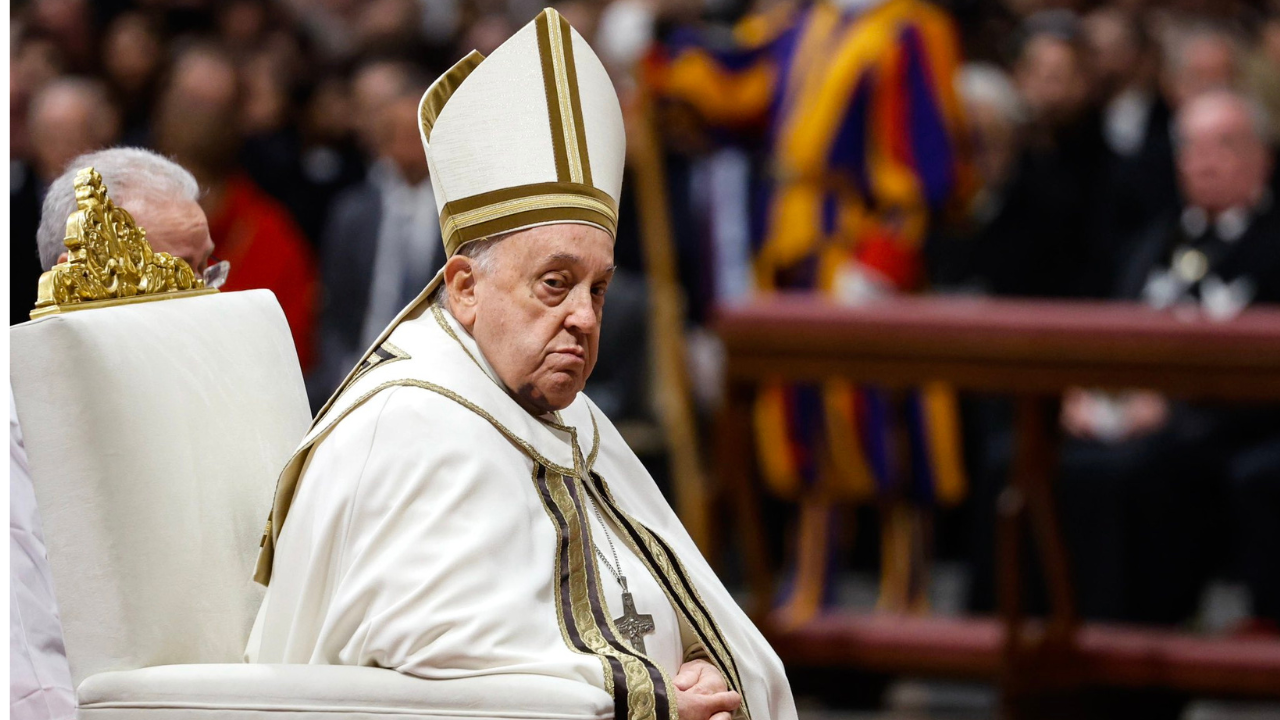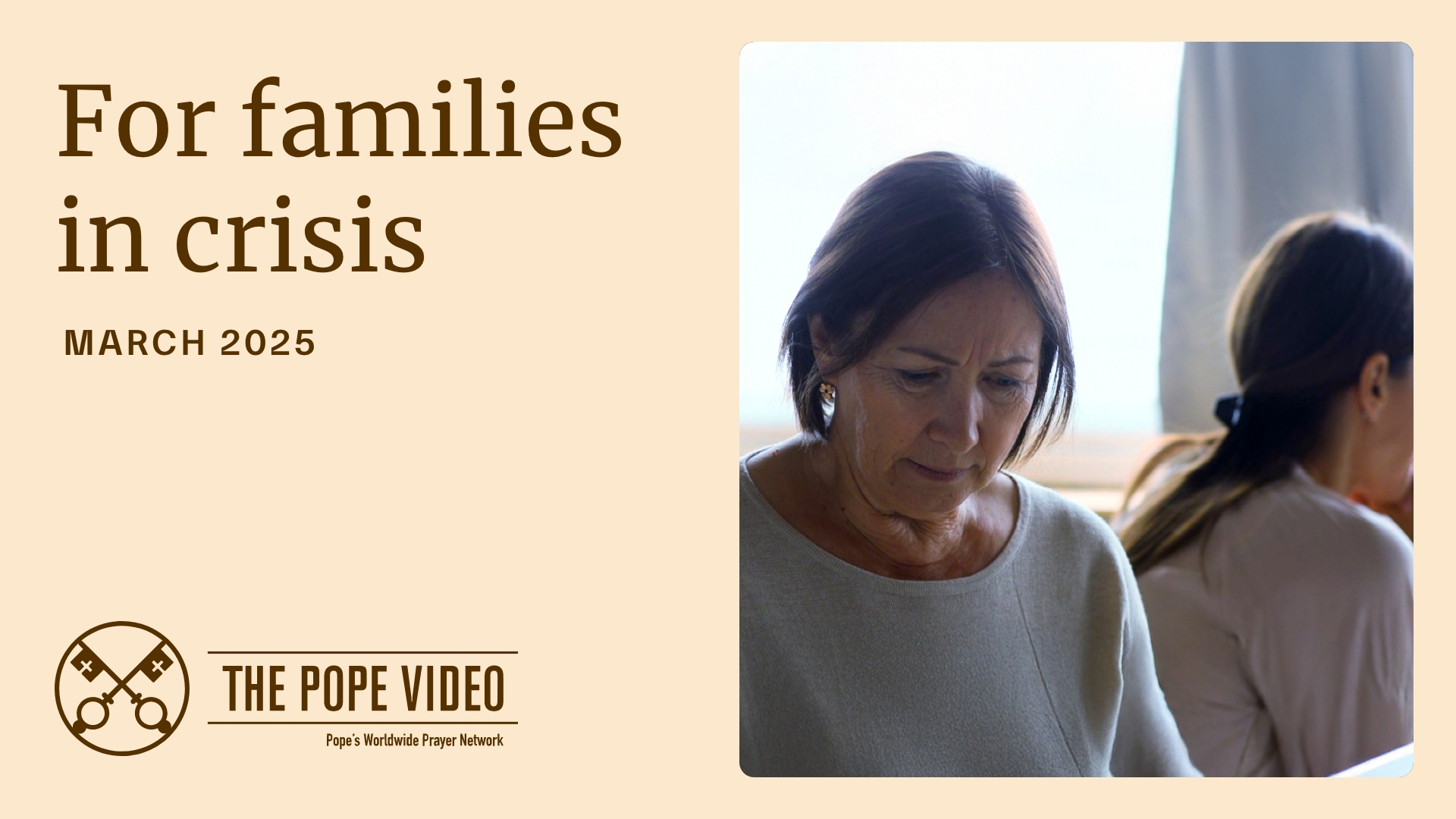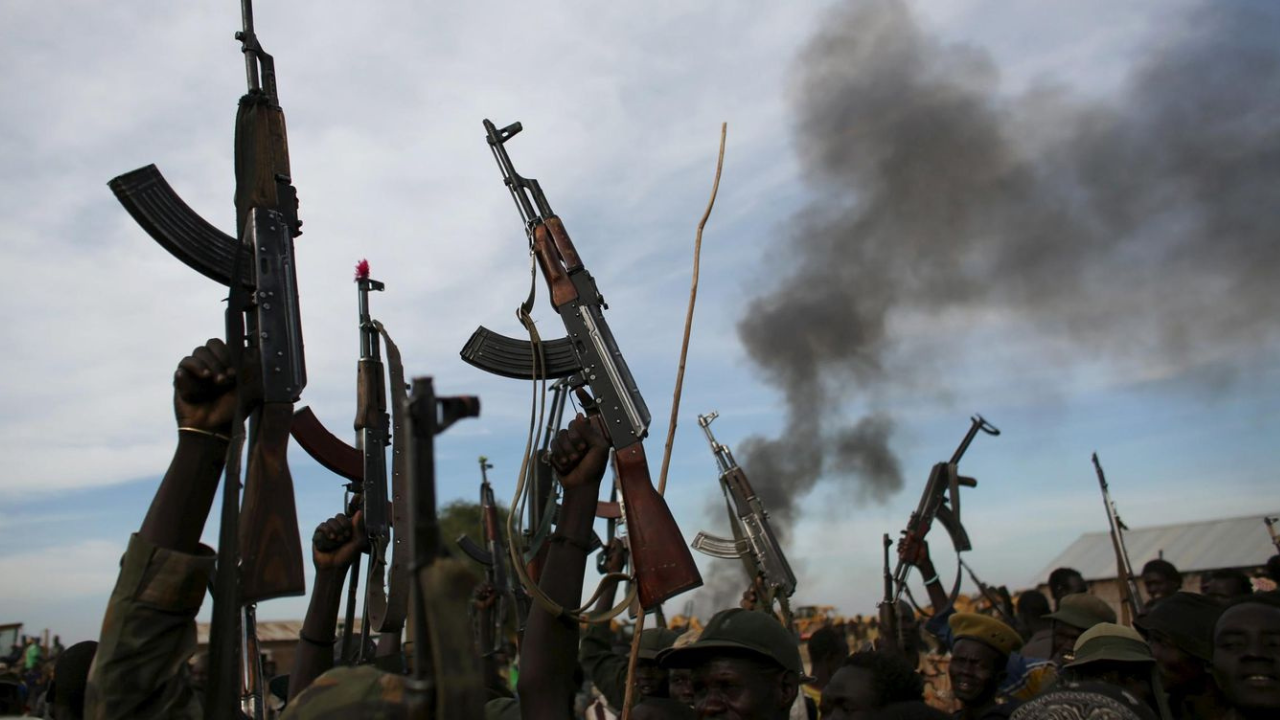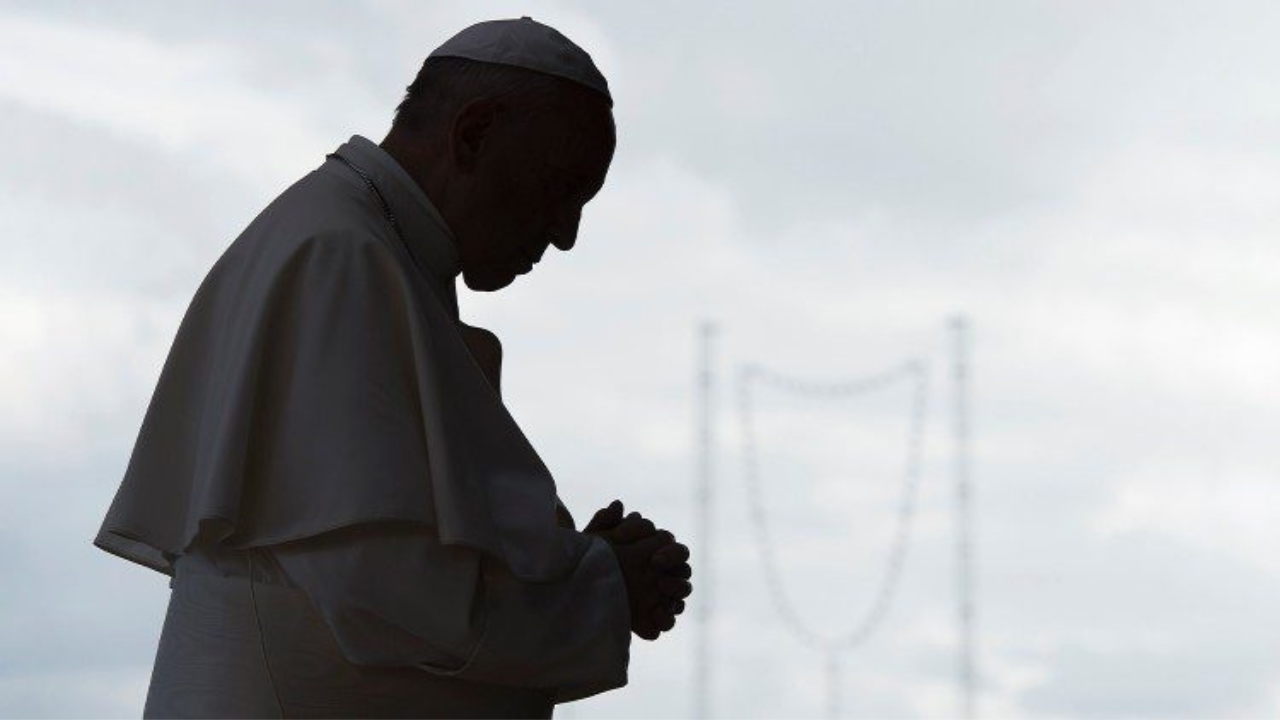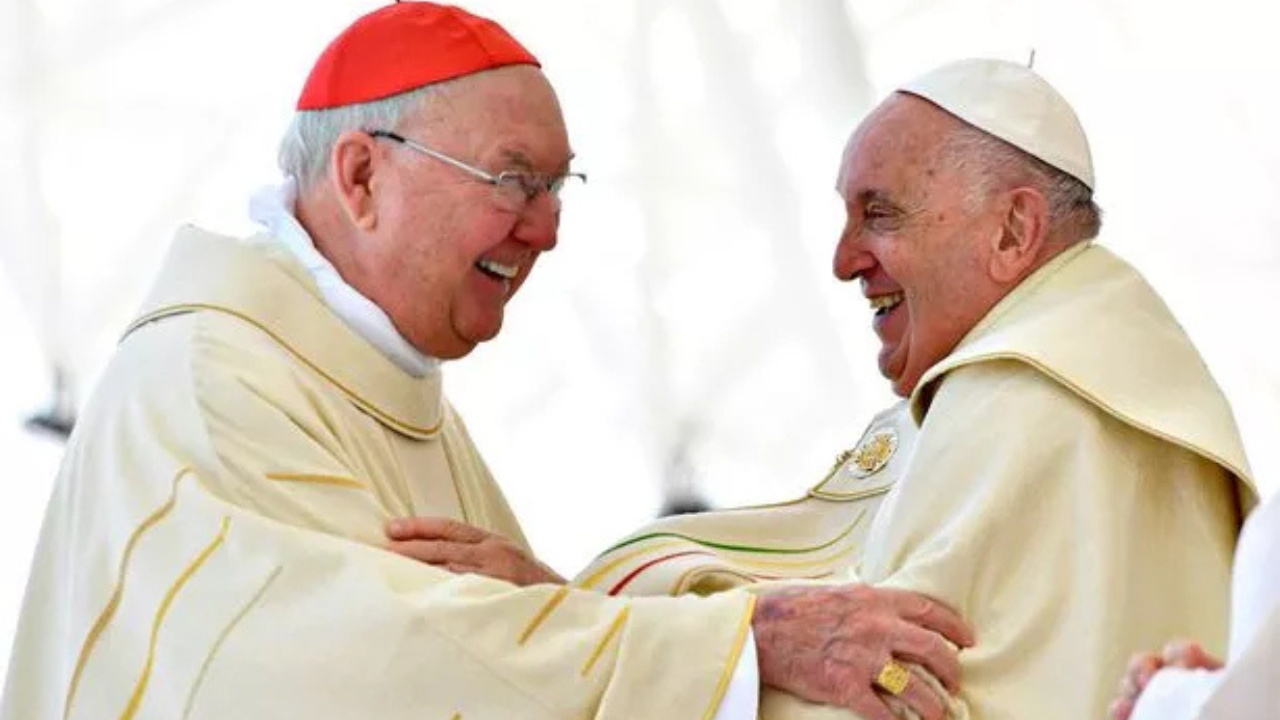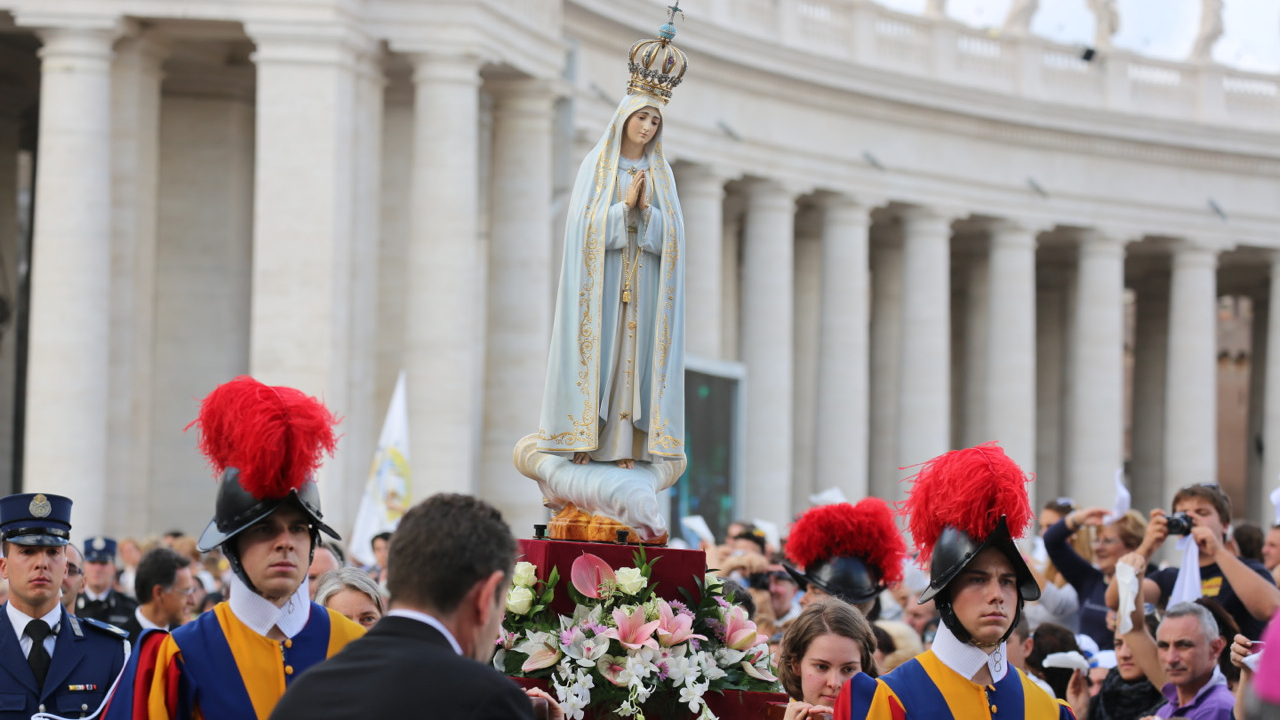Nearly 80 million people worldwide have been forced to flee their homes. Among them are millions of refugees, more than half of them under the age of 18, according to the United Nations.
There are currently millions of people who are considered “stateless.” Without a legal nationality they don't have access to basic rights such as education, healthcare, employment or the ability to move freely.
FILIPPO GRANDI
UN High Commissioner for Refugees
“Regularizing is a legal process in a country; receiving documentation, having access to bank accounts – I think it was mentioned - having connectivity. These are all less obvious aspects, which actually in our daily lives we take for granted, you know, we have an ID card, we can log in to internet, we have a bank account, but if you don’t have these things, and they are very often difficult for refugees, there’s no hope for inclusion, there’s no tools for inclusion.”
The UN is working in partnership with financial institutions to support the economies of developing countries after reopening their borders.
FILIPPO GRANDI
UN High Commissioner for Refugees
“So, our aim has been with these institutions to say, when you design a rescue package for the economy of a poor country, and you give them hundreds of millions of dollars in loans or grants, make sure that you factor in the fact that that particular country hosts a large number of refugees, and they also must benefit from whatever help is given to the country.”
Care for refugees is a central focus of Francis' papacy. In 2013, his first trip outside of Rome as Pope was to Lampedusa, an island in Europe where thousands of refugees arrive in pursuit of a better life. There he condemned what he called the “globalization of indifference.”
POPE FRANCIS
July 8, 2013
'We see a person, on the brink of death, laying out on the street and we think 'poor man.' Yet we carry on with our day. We think: It's not my responsibility...and we feel justified by this notion. Who has cried for these people who lost their lives on a boat? For the young mothers who traveled with their children? For those men, who are looking for means to support their families? We are a society that has forgotten the experience of shedding tears, of suffering with others.”
68% of the nearly 80 million people forced to flee their homes come from 5 countries: Syria, Venezuela, Afghanistan, South Sudan, and Myanmar.
Daniel Dìaz Vizzi
TR: JM
Unifeed / RR


